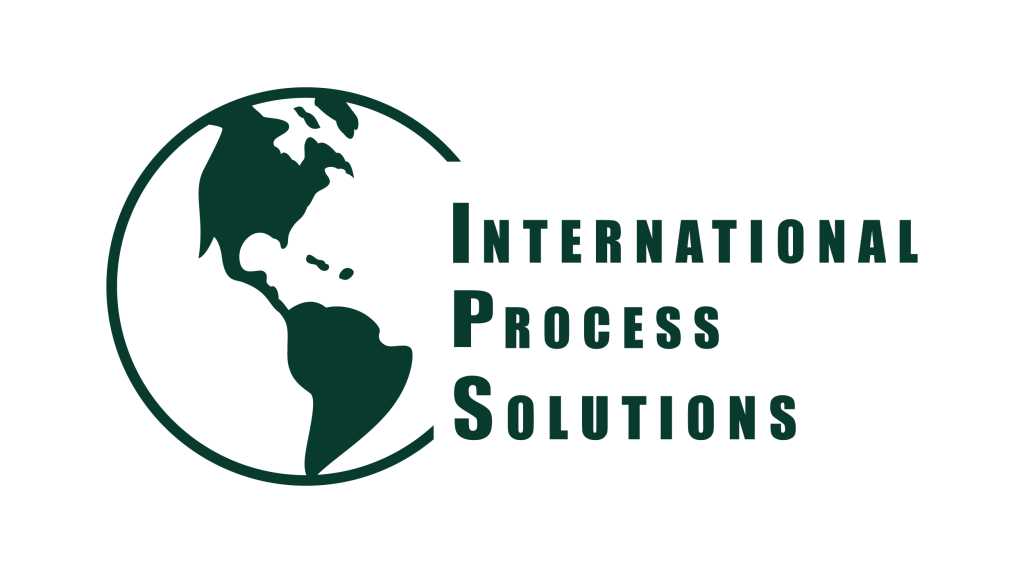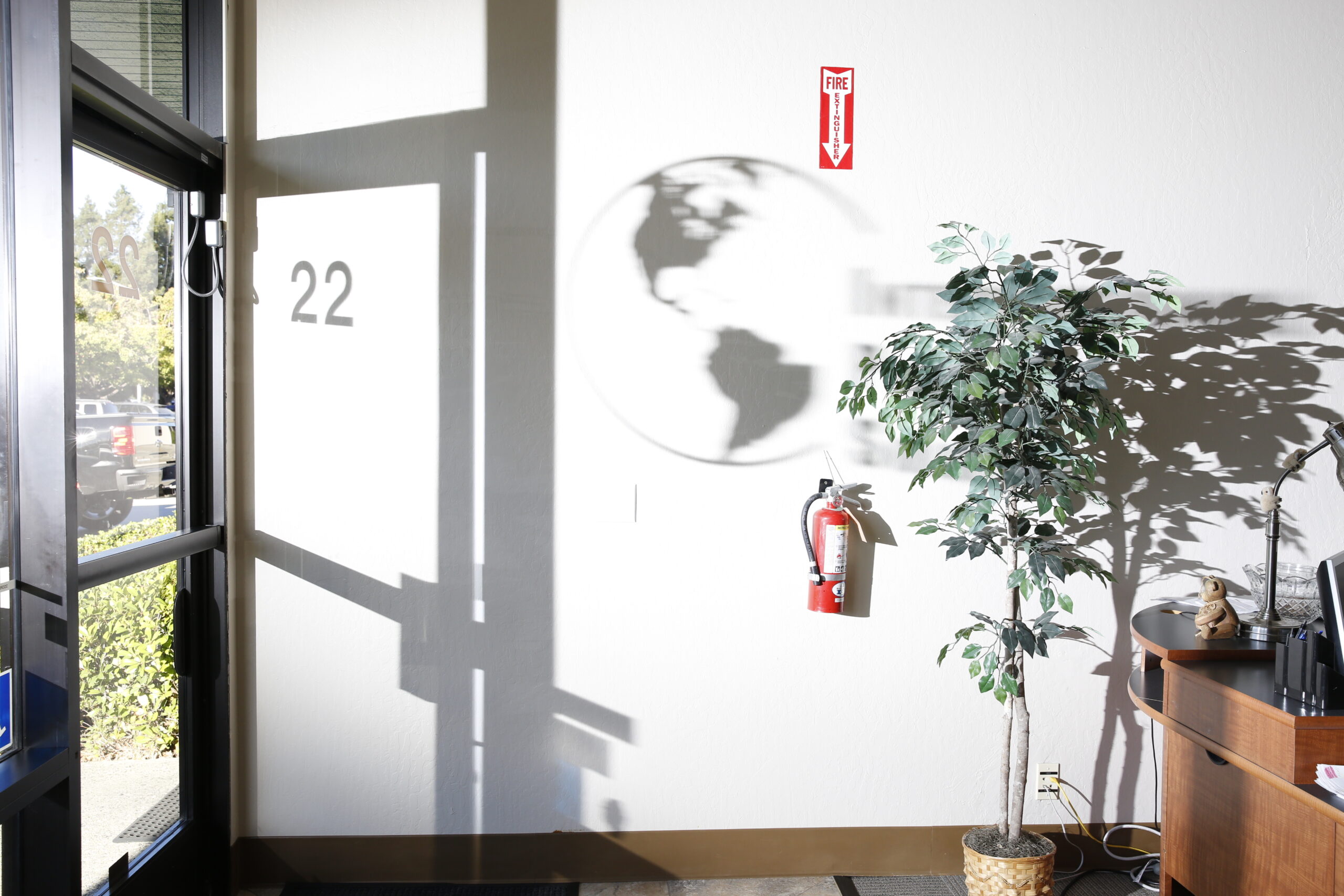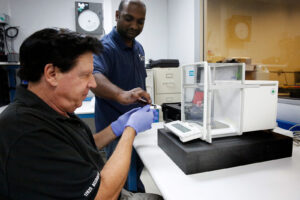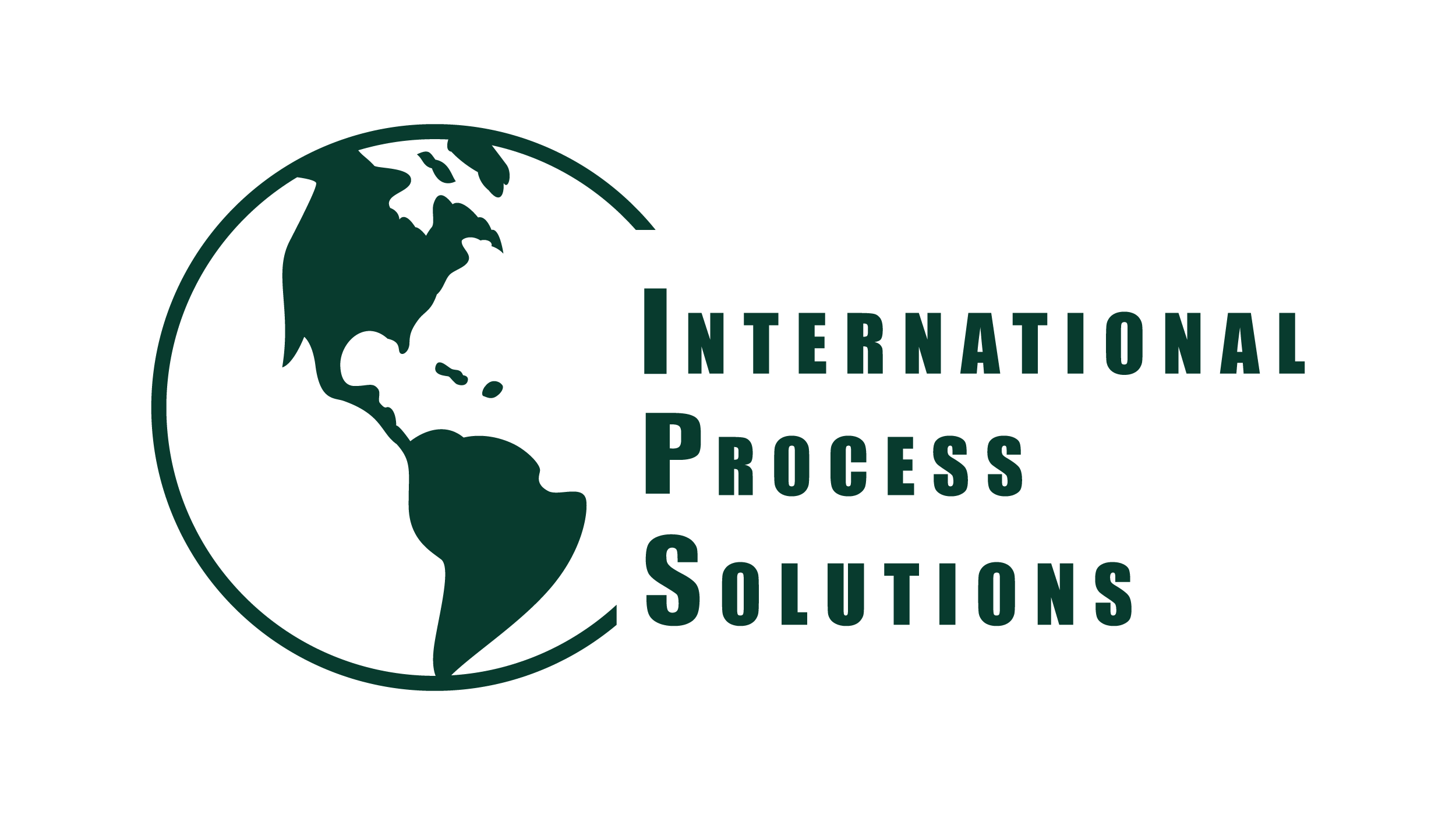When it comes to ultrasonic flow calibration, precision and reliability are paramount. Partnering with the right calibration service provider ensures that your flow meters maintain peak performance, accuracy, and compliance with industry standards. In this guide, we explore how to choose the most competent and trustworthy ultrasonic flow calibration service provider for your operation.
Understanding Ultrasonic Flow Calibration
Ultrasonic flow meters measure the velocity of a fluid using the principles of ultrasound. Accurate calibration ensures these devices deliver trustworthy data for process control, energy management, and regulatory compliance. Choosing a provider who understands the intricacies of ultrasonic technology is crucial to avoid costly measurement errors and potential regulatory violations.
Look for ISO/IEC 17025 Accreditation
A fundamental starting point is verifying whether the provider holds ISO/IEC 17025 accreditation. This internationally recognized standard confirms that a laboratory has demonstrated technical competence, reliable processes, and a commitment to quality. Providers with this accreditation can:
- Perform calibrations traceable to national or international standards
- Deliver test results with documented uncertainties
- Provide certificates recognized globally
Always request a copy of the provider’s Scope of Accreditation to ensure it includes ultrasonic flow calibration within the appropriate flow ranges and media types relevant to your operations.
Evaluate Technical Capabilities and Calibration Ranges
Ultrasonic flow calibration is not a one-size-fits-all service. Confirm the provider’s technical capabilities, including:
- Flow range capacity (e.g., from low-flow systems to high-volume industrial applications)
- Supported pipe sizes and materials
- Compatibility with clamp-on and inline ultrasonic flow meters
- Ability to calibrate with different media (water, oil, gases)
Providers should have automated calibration rigs with high-precision reference standards and advanced diagnostic tools. Ask whether their systems simulate actual process conditions to ensure real-world calibration accuracy.
Check for On-Site Calibration Services
Minimizing equipment downtime is critical in fast-paced industrial environments. Providers offering on-site ultrasonic flow calibration can help you maintain productivity while ensuring measurement accuracy. Look for:
- Mobile calibration labs equipped for ultrasonic systems
- Trained field technicians with safety certifications (OSHA, MSHA, etc.)
- Fast response times and minimal disruption to operations
Inquire about their ability to calibrate in hazardous or cleanroom environments, especially if you operate in sectors like pharmaceuticals, petrochemicals, or food and beverage.
Review Calibration Procedures and Documentation
A reputable provider will have well-documented, traceable, and repeatable procedures. These include:
- Pre- and post-calibration data logging
- Environmental condition monitoring during calibration
- As-found and as-left calibration results
- NIST-traceable references
- Clearly defined calibration intervals and uncertainty budgets
Ask for a sample calibration certificate. It should include serial numbers, technician credentials, date of calibration, environmental conditions, and full traceability details. Certificates should be compliant with ANSI/NCSL Z540-1 or ISO 17025 standards.
Assess Industry Experience and Expertise
Experience in your specific industry can be a decisive factor. An experienced ultrasonic flow calibration provider will understand the challenges and regulatory requirements unique to your sector. Seek out companies with a proven track record in:
- Water and wastewater treatment
- Oil and gas
- Power generation
- HVAC and building automation
- Chemical manufacturing
- Pharmaceuticals and biotechnology
Review case studies, whitepapers, or customer testimonials to validate their expertise.
Evaluate Turnaround Times and Service Flexibility
Timeliness matters. Ask prospective providers about their standard turnaround times and options for expedited services. Key considerations include:
- In-lab calibration turnaround (e.g., 3-5 business days)
- On-site service scheduling lead times
- Emergency calibration response capability
- Weekend or off-hour availability
Choose a provider that aligns with your operational schedule and offers flexibility to reduce downtime.
Examine Calibration Management Software and Digital Capabilities
Today’s calibration providers should offer digital calibration management systems to streamline documentation and compliance. Look for:
- Online certificate access
- Automatic calibration reminders
- Asset tracking and calibration history
- Integration with your existing CMMS or ERP systems
Such digital tools reduce administrative workload and enhance audit readiness, especially for FDA or ISO-regulated industries.
Ensure Competency of Calibration Technicians
Personnel conducting the calibration must be thoroughly trained and certified. Verify technician qualifications, including:
- Formal training in ultrasonic measurement principles
- Hands-on experience with your specific brand and model of flow meter
- Knowledge of fluid dynamics, thermodynamics, and electronics
- Safety training certifications applicable to your facility type
Ask if the company conducts regular proficiency testing and continuing education for their staff.
Investigate Customer Support and After-Service Care
Superior customer support can distinguish a good provider from a great one. Assess their post-calibration services, such as:
- Technical troubleshooting
- Calibration report explanations
- Follow-up visits for re-testing or system optimization
- Warranty support for calibration errors
Providers should also offer remote support options to quickly resolve issues between scheduled calibration intervals.
Request a Site Audit or Demonstration
Before making a long-term commitment, request a site visit or demonstration. This allows you to:
- Inspect their calibration rigs and mobile units
- Observe safety and cleanliness standards
- Interact with technicians and gauge their professionalism
- Understand how they handle real-world calibration challenges
A reputable provider will gladly accommodate this request and showcase their capabilities.
Compare Pricing and Value, Not Just Cost
While cost is important, it should never outweigh quality, traceability, and accuracy. Evaluate providers based on:
- The comprehensiveness of the calibration
- Level of documentation and traceability provided
- Technician qualifications and safety compliance
- Availability of expedited services
- Value-added features like digital portals, asset management, and reporting
The lowest-cost option often omits critical elements that can compromise your regulatory compliance and operational efficiency.
Red Flags to Watch Out For
Avoid providers who:
- Do not hold ISO/IEC 17025 accreditation
- Fail to offer traceable certificates
- Use outdated or generic calibration rigs
- Provide vague or incomplete documentation
- Cannot demonstrate flow-specific calibration experience
These red flags indicate potential risks to your process integrity and regulatory standing.
Conclusion: Partnering for Long-Term Precision
Choosing the right ultrasonic flow calibration service provider is not just about a one-time calibration — it’s about forming a long-term partnership built on trust, expertise, and reliability. By thoroughly evaluating technical capabilities, accreditations, documentation practices, and customer service, you’ll ensure your ultrasonic flow meters deliver the highest standard of measurement performance and compliance.





